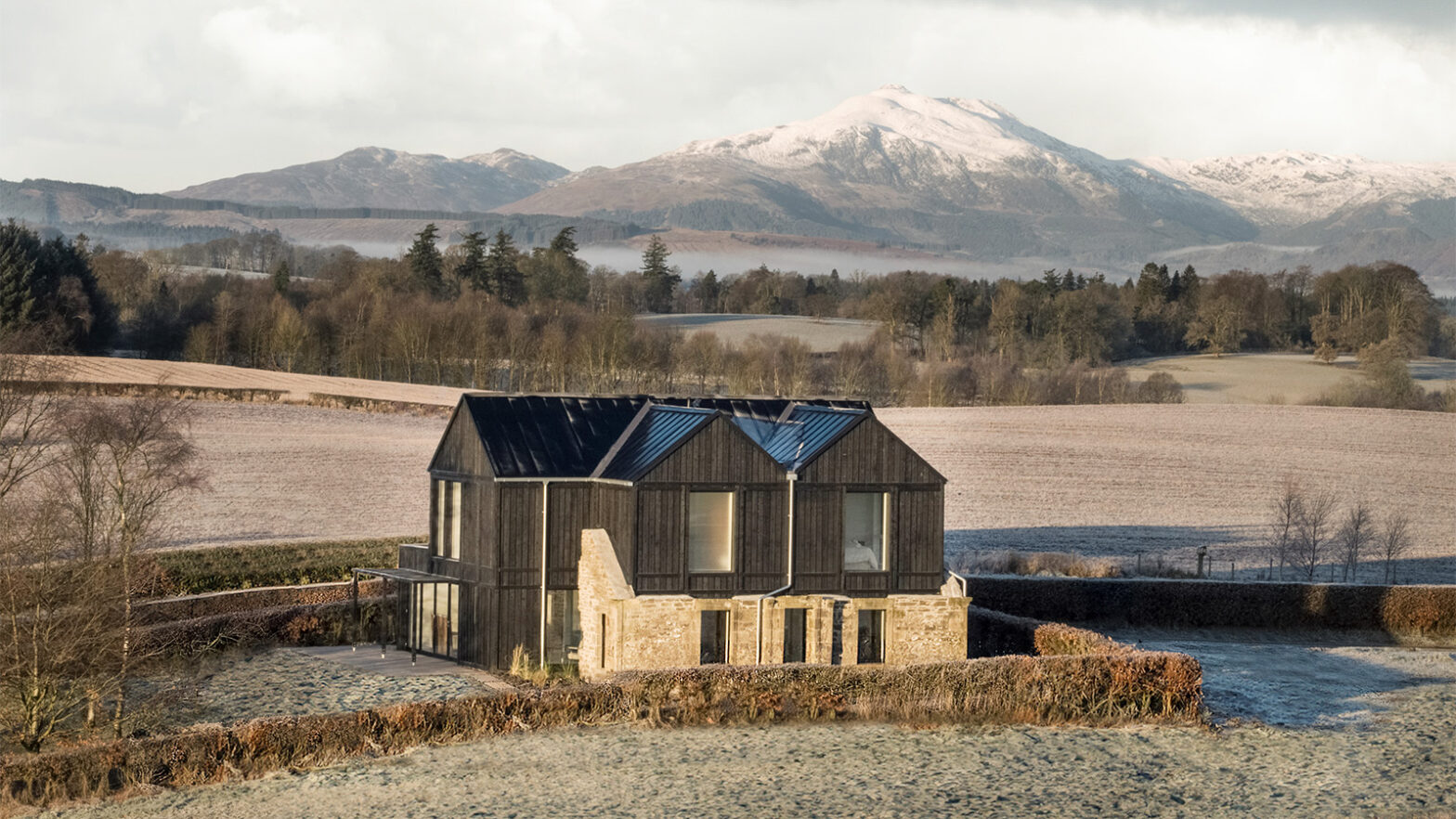A dilapidated farmhouse in the dramatic rural landscape of Scotland has undergone a contemporary overhaul that honors its heir and its surroundings. The renovation was supervised by London -based architecture studio Mallett, which developed the former Plowman residence with four bedrooms and emphasized modern craftsmanship and at the same time started the design in its environment.
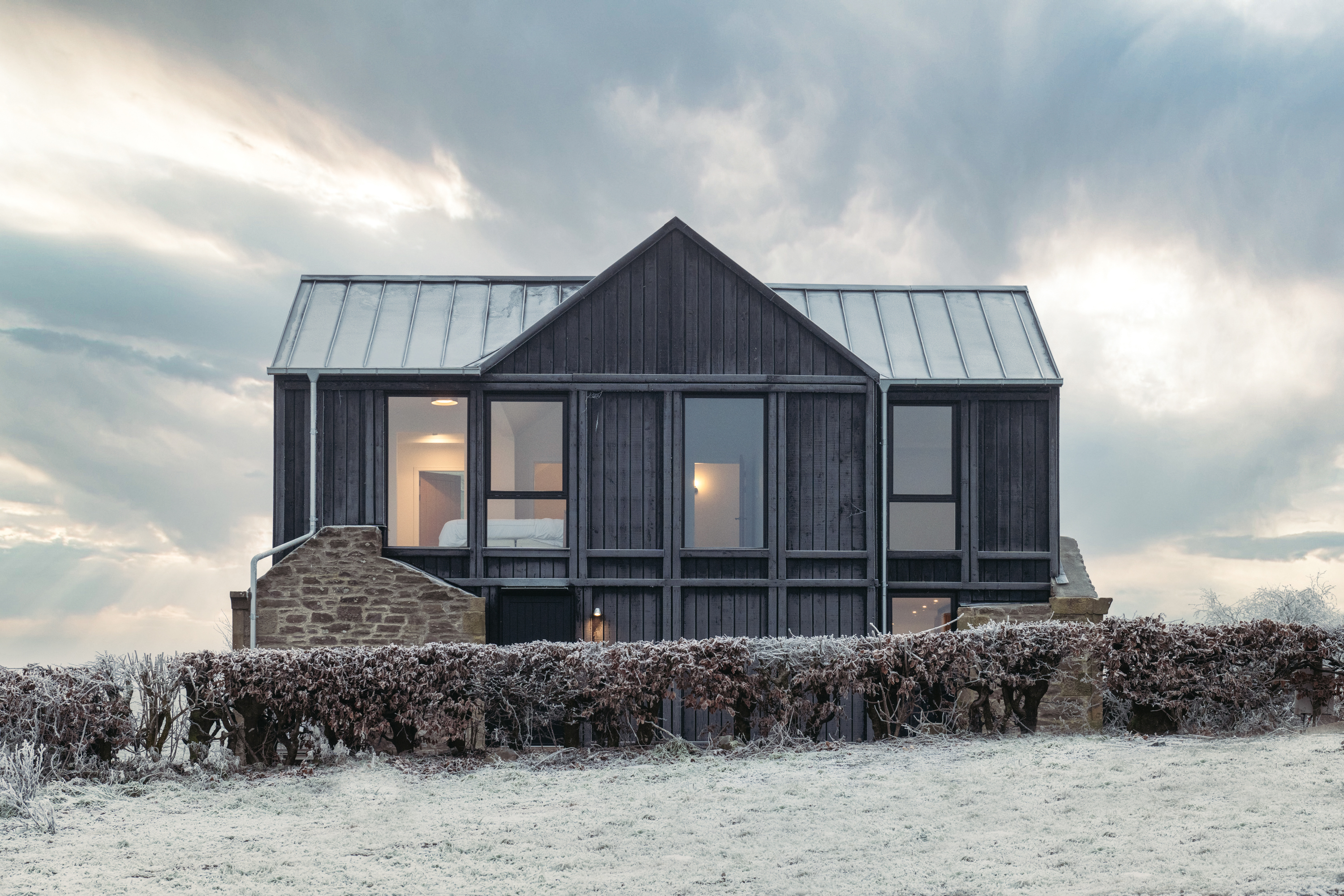
(Photo credit: ITGO Media)
Inside black and stone: a newly invented farmhouse
The project, now a family house entitled Black and Stone, is located in Perthshire, a region that is also known as “Big Tree Country” for its extensive forests.
Mallett started to revise the stone house that had been abandoned for a long time when demolition and reconstruction could have been a more obvious and reliable decision.
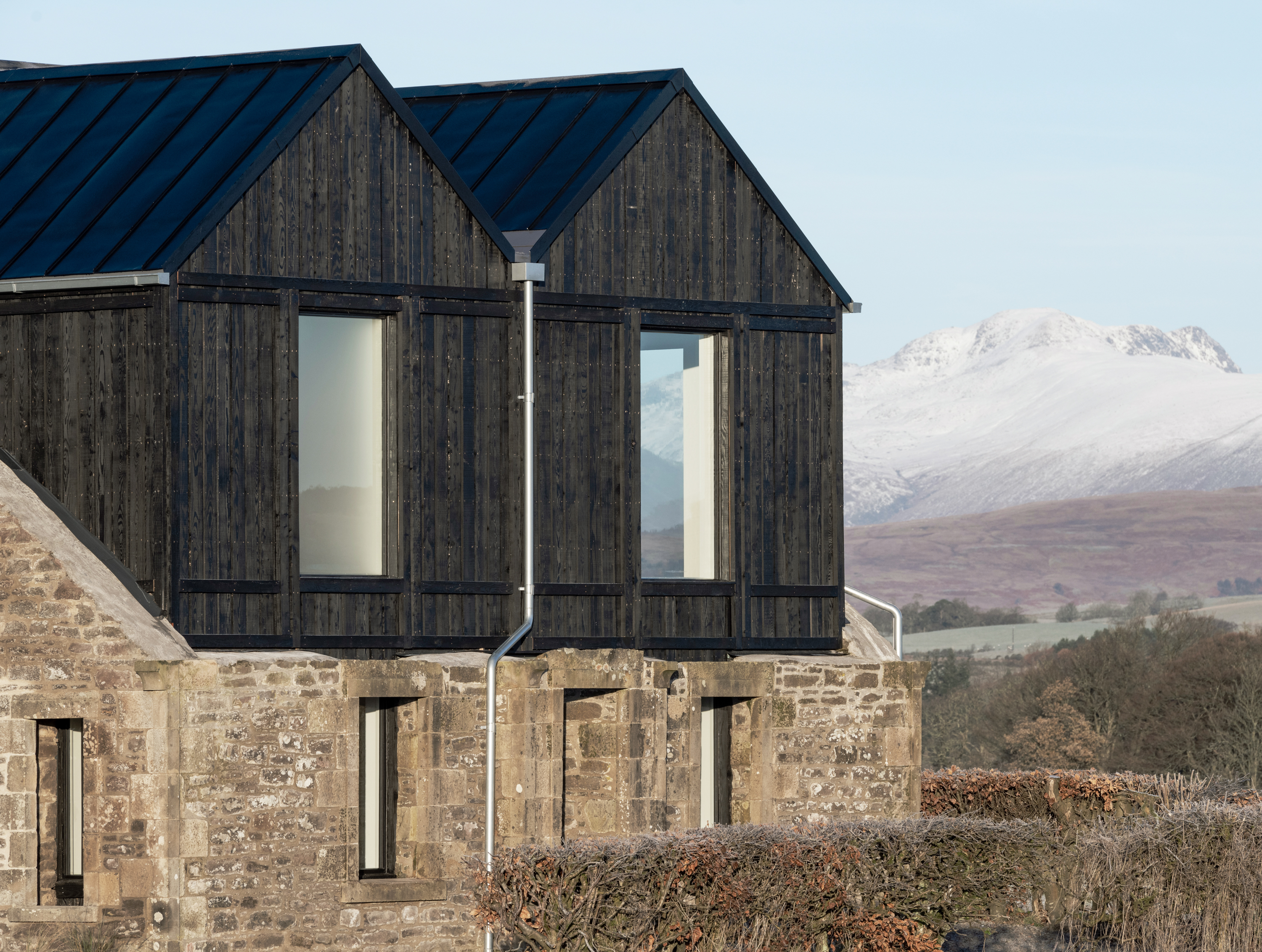
(Photo credit: ITGO Media)
But for Malett's design director Simon Dickson, the street, which was less traveling, seemed to be the most fascinating option, as he explains: “Our overwhelming wish was to find a practical way to save the existing ruined house as much as possible. It has such careful stone details and wonderful aspects.
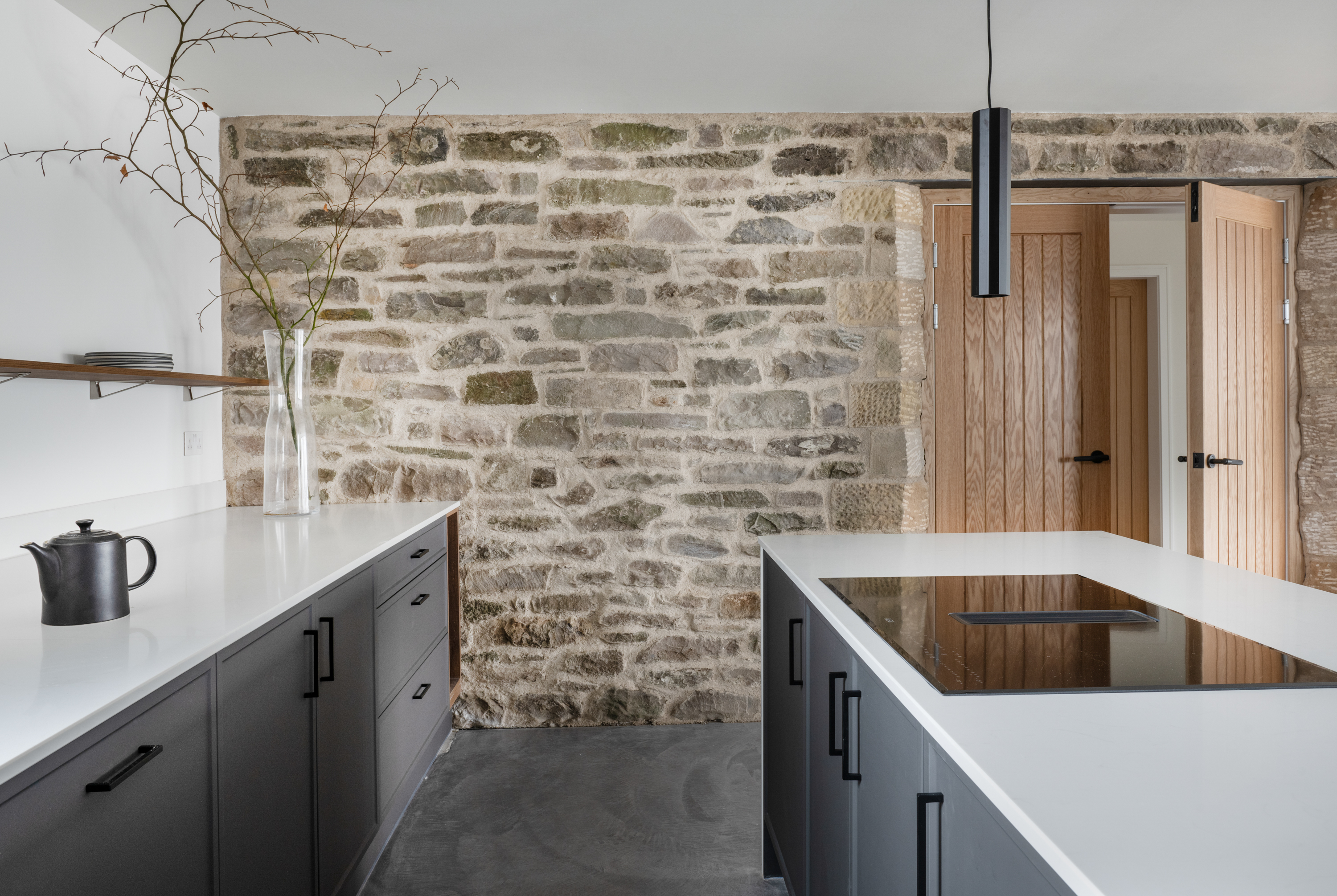
(Photo credit: ITGO Media)
'The original house is a cut over other old farmhouses; The original designer has created something carefully and pretty nice in a reserved way. We wanted to respect that, but a new modern home with space, contemporary life and sustainable design. '
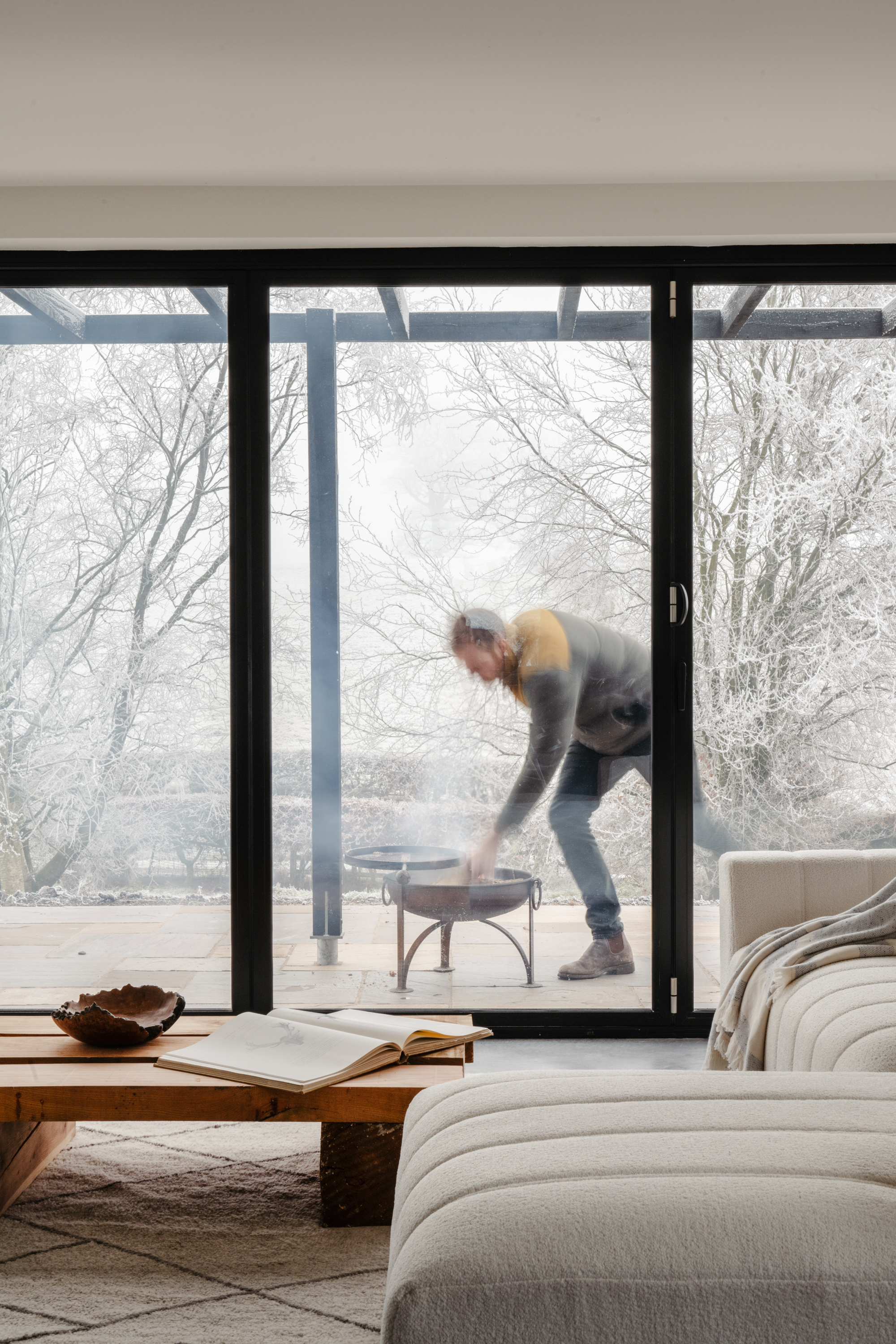
(Photo credit: ITGO Media)
In view of the fragile nature of the existing building, the architecture firm worked closely with the customer, a civil engineer, the local authority and a team of qualified craftsmen. This joint effort enabled a careful balance between preservation and innovation with materials from the region and traditional techniques.
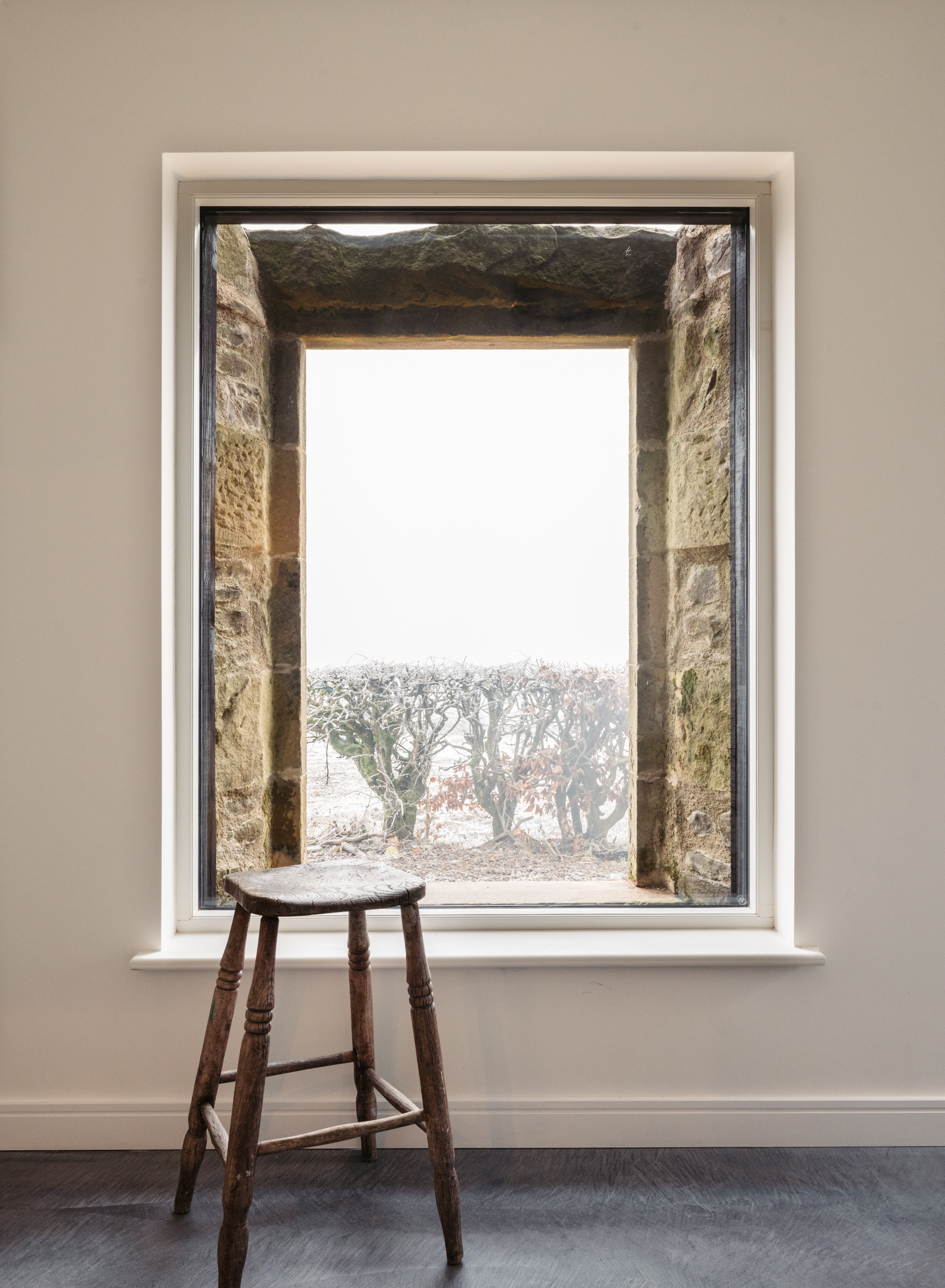
(Photo credit: ITGO Media)
If one looks at the raw material of the Norwegian “Hytte” scorchitecture (the simple, traditional Nordic cabin) and practice developed a modern turn about rural life. This started with the construction of a wooden structure in the existing stone shell.
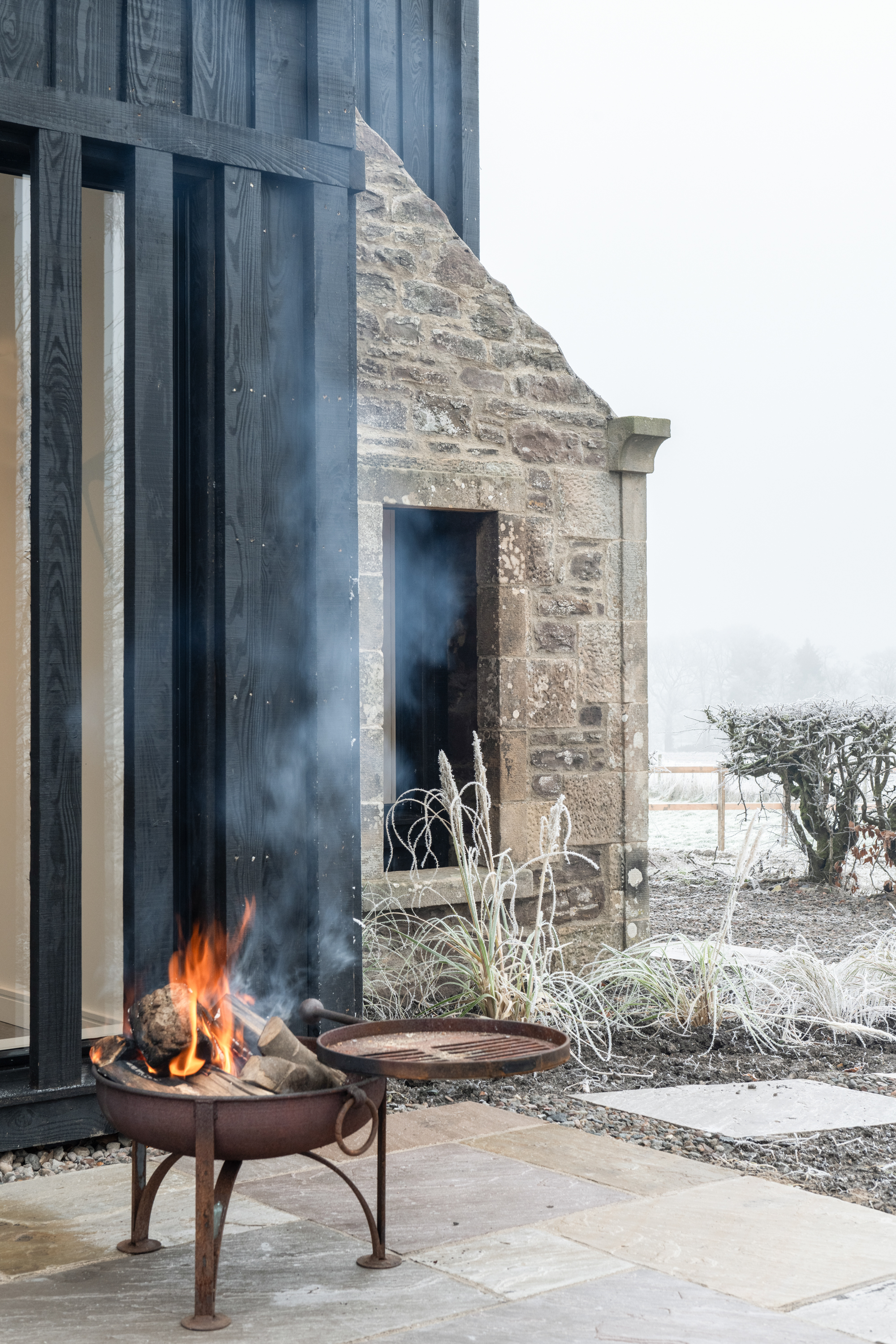
(Photo credit: ITGO Media)
However, the preservation of the historical character of the site was not easy, as Dickson explains: “Every change would require countermeasures or repositioning of all inner walls, door and window openings and connections to the roof. It was a real challenge, but ultimately one that concentrated and shaped the final building. '
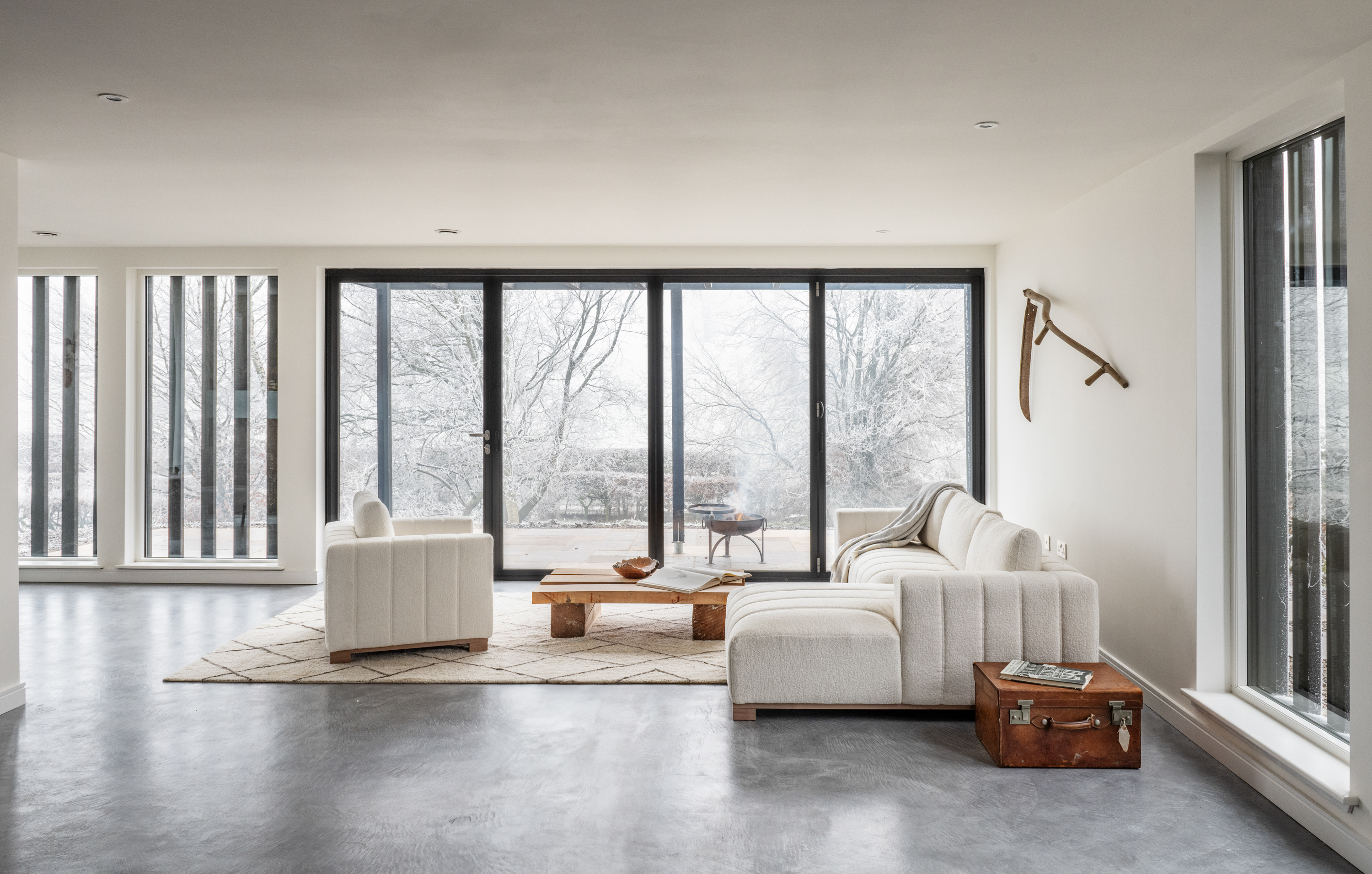
(Photo credit: ITGO Media)
The dark larch Wood facade offers a visually fascinating contrast to the original light masonry of the building. In the interior, stones were carefully recovered, cleaned, sorted by hand and used for an internal feature wall in the kitchen.
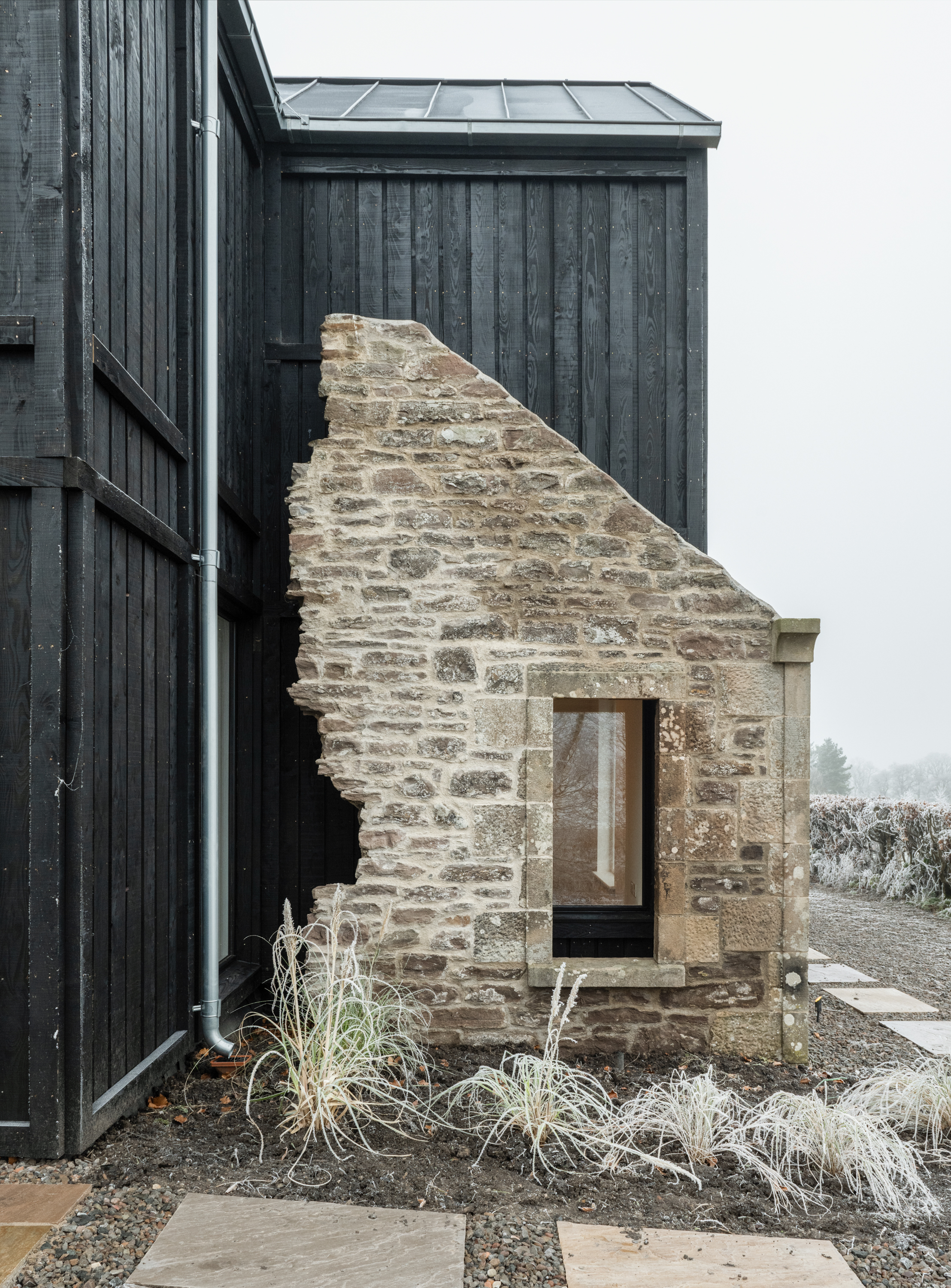
(Photo credit: ITGO Media)
On the ground floor, the windows are positioned exactly in the original openings, a detail that Dickson particularly likes to highlight: “We have geared them perfectly behind the original stone openings, but a touch higher, so that they see more of the above falls. Inside, it makes the landscape beautiful; this thick edge of the stone gives the appearance of a massive frame and catches the view on the inside. Light stone from the outside, and the feeling of the old building is really alive at dusk.
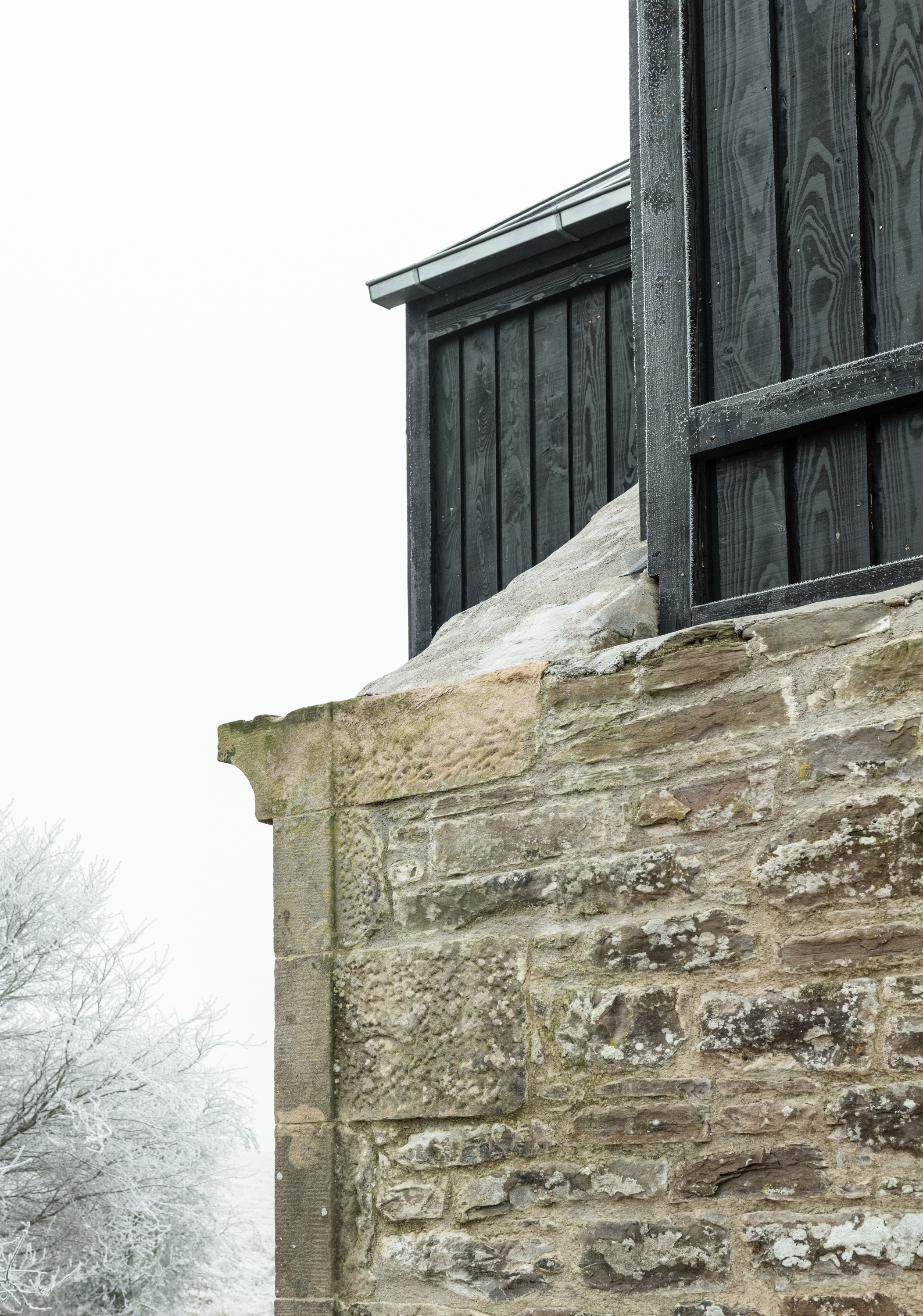
(Photo credit: ITGO Media)
Inside, the materiality is a texture palette made of wood, stone and white walls, paired with black accents and microcement floors, creating a soothing and earening environment. The goal for the architectural studio was to create a feeling of spaciousness and to transform the limits of an original three-room cottage into a spacious house with four bedrooms.
“This shift was the challenge, and I think we feel happy as a practice that it delivers exactly that,” said Dickson. “With the large windows, flowing inner light and curved ceilings under the steep roofs, it really feels like a generous space. I hope that is what people stand out when they enter it, and enjoy the new mixed with old and the breathtaking landscape views. '
malett.uk.com
